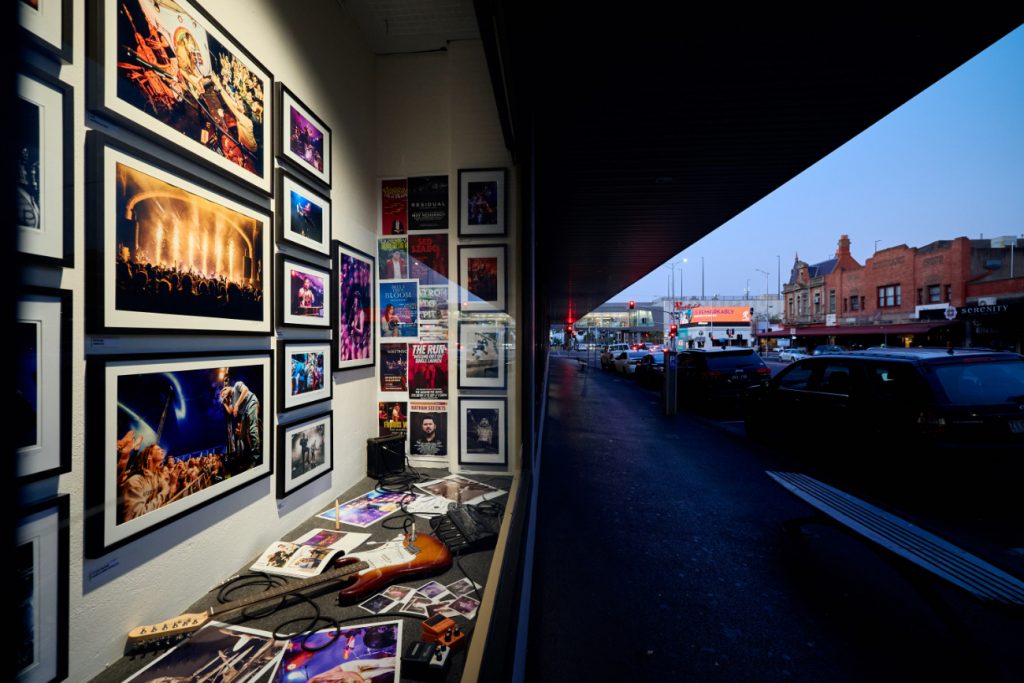Strengthening Creative Cities with Meaningful Data
Talk to us.
Being a UNESCO Creative City brings visibility and opportunity. It can lead to new partnerships, increased tourism, funding opportunities and cultural exchange. Having clear and consistent data helps make this process easier. It shows what’s working, where improvements can be made and how creative initiatives are benefiting the community on a local and international level.
“This will be so helpful to draw from and build out moving forward. Great data analysis, findings, and recommendations, this is exactly what we were after. Look forward to working together further on the UNESCO Creative Cities benchmark sets and analysis criteria.”
– City of Greater Geelong

How We Can Help
The UNESCO Creative Cities Network recognises places where creativity drives sustainable growth. But while the value of cultural industries is widely acknowledged, many cities struggle to measure and report their impact in consistent ways.
Culture Counts is interested in how the cultural economy functions in Australian Creative Cities such as Melbourne, Geelong, Hobart, Bendigo and Ballarat. It explores the relationship between creative skills, urban policy and measurable outcomes. These cities offer a range of demographic, economic and cultural contexts, providing useful comparisons on the local impact of culture-led
development.
By building a shared measurement framework across Creative Cities, we’re creating a foundation for benchmarking, collaboration and stronger network-wide reporting.

About our Creative Cities Research
The cultural and creative sectors are increasingly recognised as important to sustainable urban development. The UNESCO MONDIACULT framework describes the “economy of culture” as more than just a source of economic value. It also plays a key role in strengthening communities, encouraging innovation and supporting inclusive growth. The MONDIACULT 2022 Declaration reflects a global commitment to recognising culture as a public good that benefits everyone. This shift calls for better tools to measure the social and economic value of culture in policy and planning.
Creating a consistent set of outcome metrics for UNESCO Creative Cities is key to improving transparency, comparability and effective cultural policy across diverse urban areas. These metrics help cities measure how cultural investment affects economic growth, social cohesion, heritage protection and liveability.
Standardised measures make it easier to benchmark progress, compare performance with other cities, and share what works. They also support alignment with the MONDIACULT Declaration, which positions culture as a public good and a pillar of sustainable development. A shared framework strengthens international cooperation and adds credibility to cultural reporting.
Join our Creative Cities Measurement Network
Contact UsWhat you Get
-
Analysis of ABS data on creative industries and jobs
-
Baseline creative trident report tailored to your UNESCO Creative Cities designation
-
Support for consistent and ongoing data collection
-
Annual subscription to the Culture Counts evaluation platform
-
Survey templates
